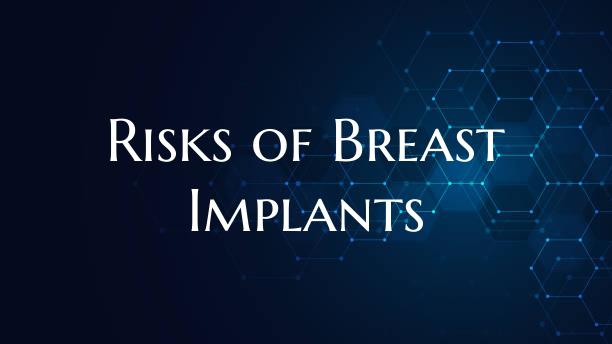
Risks of Breast Implants
Breast augmentation through implants is a commonly sought-after cosmetic procedure that can enhance one’s physical appearance and boost self-confidence. However, along with the benefits, it is essential to be aware of the potential risks associated with breast implants. Understanding these risks can help individuals make informed decisions about undergoing the procedure.
1. Capsular Contracture: One of the most common risks associated with breast implants is capsular contracture. This occurs when the scar tissue around the implant tightens, causing the breast to feel firm or appear misshapen. In severe cases, capsular contracture may require additional surgery to correct.
2. Implant Rupture: While modern implants are designed to be durable, there is still a risk of rupture. If a saline implant ruptures, the saline solution is harmlessly absorbed by the body. However, if a silicone implant ruptures, it may go unnoticed and lead to silicone leakage, potentially causing inflammation or infection.
3. Infection: Like any surgical procedure, breast augmentation carries a risk of infection. Infections can occur shortly after surgery or years later and may require antibiotic treatment or implant removal.
4. Changes in Sensation: Some individuals may experience changes in sensation in the breasts or nipples after breast augmentation surgery. This can range from increased sensitivity to numbness and may be temporary or permanent.
5. Breast Implant Illness (BII): There is ongoing debate and research regarding Breast Implant Illness, a term used to describe various symptoms that some individuals attribute to their breast implants. These symptoms can include fatigue, joint pain, cognitive issues, and more. While the existence of BII is controversial, it is essential to be aware of potential symptoms and consult with a healthcare provider if concerns arise.
6. Breast Cancer Screening Challenges: Breast implants can make it more challenging to detect breast cancer during mammograms. Specialized techniques and additional imaging may be necessary to ensure accurate screening in individuals with breast implants.
7. Revision Surgery: Breast implants are not lifelong devices and may need to be replaced or removed due to complications or personal preferences. Revision surgery carries its own set of risks, including anesthesia complications and additional scarring.
Before undergoing breast augmentation with implants, individuals should thoroughly discuss the potential risks with their plastic surgeon. It is crucial to choose a board-certified and experienced surgeon, follow pre and post-operative care instructions diligently, and attend regular follow-up appointments to monitor the health of the implants. By being informed and proactive, individuals can minimize the risks associated with breast implants and achieve satisfactory results from their cosmetic procedure.